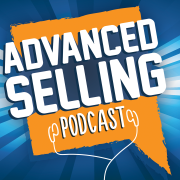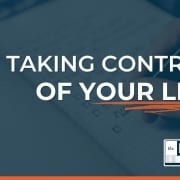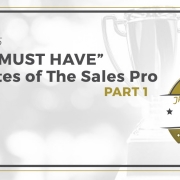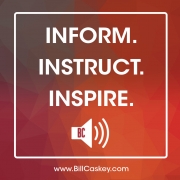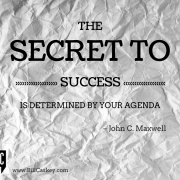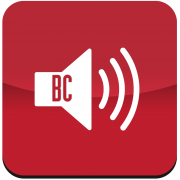Are You an Amateur or a Pro? Here is a Simple Checklist
I’ve been reading a lot of Steven Pressfield lately. He’s written a couple of books that are really good – namely “Turning Pro” and “The War of Art.”
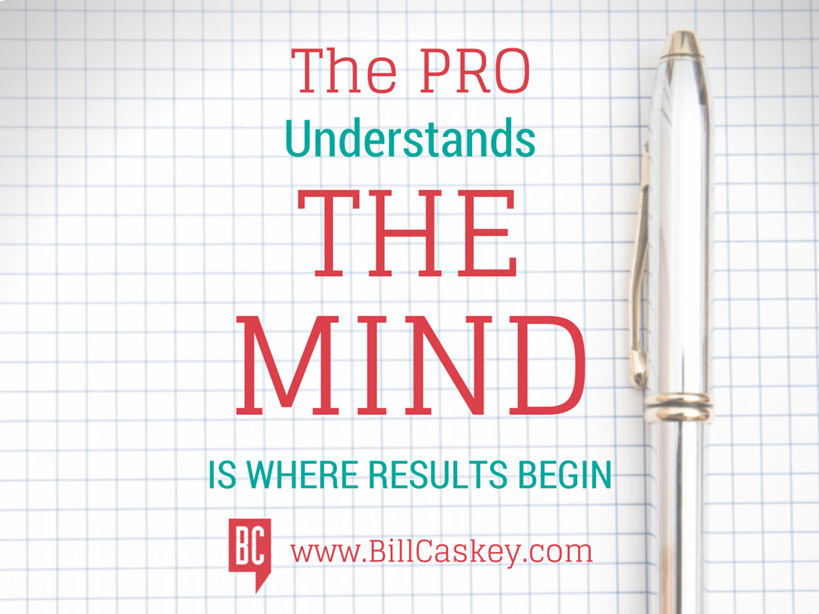
If you’re a client of mine, I’ve probably sent you one of those books to help you grow your business. If you’re not a client, then I urge you to go to Amazon and purchase them both immediately, especially if you are interested in creating a new future for your business.
Most of the readers of my blog are sales or business development people and I thought I would create a very simple five-point checklist to help you assess whether you’re an amateur or a pro (or whether you have amateurs or pros working for you):
1. 10 Hours a Month Working on Yourself.
The amateur says “I don’t really need to work on myself, I’m fine the way I am.” The professional says, “I know I need to constantly upgrade my skills if I am to compete effectively and efficiently in this economy.”
Think about top-notch actors, actresses or performers of any kind. Think about how much time they spend in the training room or on the practice field working on their craft. In the NFL, teams practice 20 hours for every game. They look at videos. They work on their position moves and tactics. They go back the basics every opportunity. Pros do that, Amateurs don’t.
2. They create an atmosphere where the buyer can buy.
Amateurs get pitchy. Amateurs try to convince and persuade people that they need the prospect to purchase badly. And then, they get discouraged when the customer fails to buy.
Pros don’t. A Pro has a unique and innate ability to create an atmosphere where buying is facilitated. There is no selling for the professional salesperson. It’s really a matter of informing and educating – and then allowing the customer to come to the conclusion that he would be better off with your product than without it. A pro
3. Answer the Right Question.
Amateurs are quick to answer a question that is proposed by a prospect. They love that emotional juice that comes along with having the right answer to a question. Kind of like grade school when the teacher asks a question and all of the hands fly up.
But pros don’t answer the question. Professionals know that the question the prospect asks is never the real question upfront. So the pro asks additional questions to make sure they clearly understand what is being asked. They set their ego aside long enough to make sure they’re answering the right question not getting the thrill of the quick answer.
4. How You Plan.
Amateurs go about things in a haphazard way. If they get a revenue goal at the beginning of the year, they spend almost no time figuring out how they will accomplish that goal. They just go to work doing, doing and doing.
Professionals though, take the time upfront – sometimes hours or days – planning out exactly how they will reach their goals. Having a goal with no plan is of little use to a professional. And, the pro doesn’t take the pressure to “Just go out and get started.” They plan. Then, they have the ultimate confidence to get started.
5. Managing the Mind.
The amateur pays little attention to their own mindset and inner game. In fact, they probably don’t even realize the impact that a faulty mind or weak thinking has on the results. In fact, it can be so distasteful for the amateur, that they run from any discussion of it.
The pro understands that the mind is where all of his or her results begin. And that if her mind isn’t right, and she is not operating from a higher state of thinking, her actions and results will be unsatisfying. Every business problem you have begins with how you think. The pro understands that and takes action on the mental side of selling.
So what are you? An amateur? Or a professional? This checklist was not intended to belittle you or shame you in anyway. I use a longer version of this with a lot of my coaching clients to help them see that there is a new way of thinking about how to succeed in business today.
Pros maximize their potential. Amateurs operate at a fraction of their possibility.

